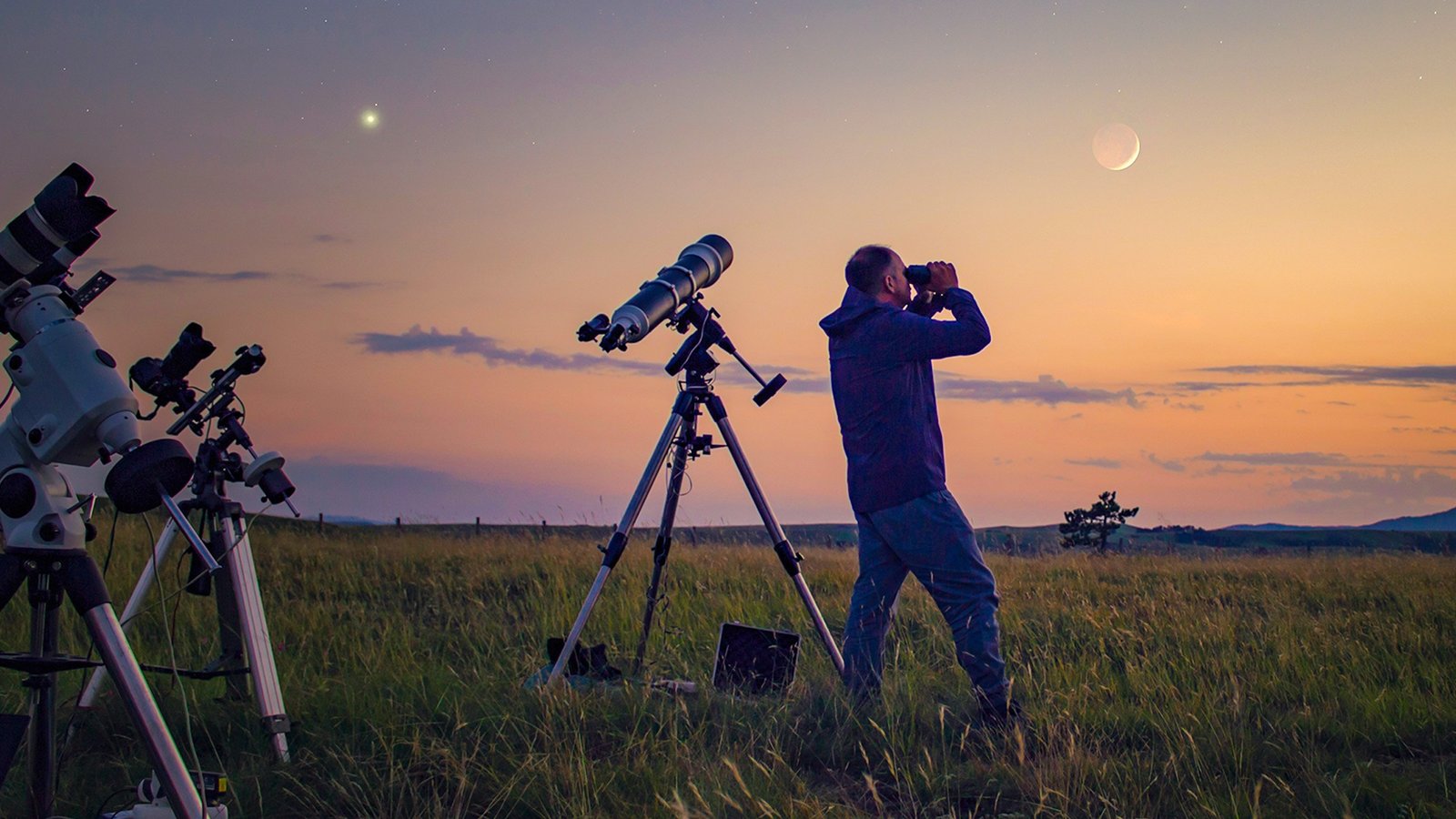By giving a more intensive glance at the marvels of the universe, telescope space science might be a hugely satisfying diversion. However, numerous beginners create ordinary blunders that can obstruct their satisfaction and educational experience. While utilizing a strong reflector or a little refractor telescope, understanding what to keep away from essentially improves your stargazing experience.
In this article, we will investigate the main telescope botches and give direction on the most proficient method to forestall them with the goal that the best outcomes from the hardware are gotten.
Choosing the Wrong Telescope for Your Needs
Botch: Numerous newbies to astronomy science buy a telescope in light of size, cost, or appearance as opposed to considering their particular requirements and the kind of items they need to notice. A typical mix-up is purchasing a telescope that is either excessively little or excessively progressed for their expertise level.
How to Avoid It:
- Gain from the Best: For motivation, look at the largest telescope in the world and perceive how experts utilize progressed telescopes to concentrate on the universe for a monstrous scope.
- Do all necessary investigation: Prior to buying a telescope, ponder what you need to notice (profound space objects, planets, the moon, and so on), and pick a telescope that suits your objectives.
- Look for Master Guidance: Prior to making a buy converse with experienced stargazers or visit a nearby space science club to get better suggestions.
Improper Alignment of the Telescope
Botch: Perhaps of the most irritating mistake you can make with your telescope is skewing it, particularly assuming you’re utilizing a tropical mount. A terrible review experience can result from the telescope’s powerlessness to follow protests definitively in the event that the mount isn’t as expected lined up with the North Star or the divine pole.
How to Avoid It:
- Practice in a Recognizable Area: Begin with adjusting your telescope in a recognizable place where you can distinguish key stars effectively, and practice the cycle until it turns out to be natural.
- Utilize the Right Devices: Electronic arrangement situation and polar degrees are among the many telescopes that have implicit arrangement instruments. Give close consideration to the maker’s headings.
Not Using the Right Eyepiece for Viewing
Botch: For their perceptions, numerous beginners use some unacceptable eyepiece. For example, utilizing an eyepiece with outrageous amplification might bring about murky, ill defined pictures.
How to Avoid It
- Grasp Amplification: Amplification isn’t really ideal at more significant levels. For object area, a more extensive field of vision can be gotten with an eyepiece with a lower amplification.
- Utilize the Eyepiece That Matches the Item: Select a medium-to-high-power eyepiece (e.g., 10mm to 20mm) for planetary perception. For profound sky objects, as star bunches or worlds, utilize an eyepiece with a lower power (e.g., 25mm to 40mm).
- Begin with the Least Amplification: As the picture becomes more clear, logically increment the amplification from the most reduced beginning stage.
Failing to Calibrate the Finderscope
Botch: Finding things in the night sky can be baffling if your finderscope isn’t aligned as expected.
How to Avoid It:
- Adjust the Finderscope During the Day: Adjust your finderscope during the day on a far off object, to try not to invest an excess of energy around evening time. Ensure it’s focused in both the finderscope and the fundamental telescope.
- Actually take a look at Alignment Consistently: Ensure that your finderscope is constantly adjusted each time you set up your telescope, as it can move during capacity or transport.
Ignoring Local Light Pollution
Botches: Light contamination from city lights or streetlights can seriously influence your capacity to see faint articles overhead, like nebulae or worlds.
How to Avoid It:
- Track down a Dull Area: On the off chance that you can, move your telescope to a region with a dim sky and no city lights. Dull destinations are open to numerous cosmology gatherings, permitting you to notice the night sky liberated from light contamination.
- Utilize Light Contamination Channels: To further develop differentiation and perceivability in light-dirtied areas, ponder buying a light contamination channel for your telescope.
Neglecting to Maintain the Telescope
Botches: Keeping up with your telescope in great working request requires routine support. Horrible showing and a short life expectancy could come about because of avoiding routine upkeep, for example, greasing up the mechanical parts and cleaning the optics.
How to Avoid It:
- Clean the Focal points and Mirrors Cautiously: Utilize a delicate brush or focal point cleaning fabric to eliminate dust from your telescope’s focal points or mirrors tenderly. Abstain from utilizing brutal synthetics or cleaning excessively hard.
- Really take a look at the Mount and Focuser: Inspect the focuser and telescope mount routinely for harm or free pieces. Whenever required, grease up moving parts and fix screws.
Conclusion
Staying away from these regular telescope blunders can ensure an undeniably more pleasurable and productive stargazing meeting. Review that determination, practice, and a preparation to develop and change are fundamental for turning into an incredible space expert. You’ll be well headed to turning into a seasoned veteran of finding the marvels of the universe with the right apparatuses, arrangement, and mindful perception.




